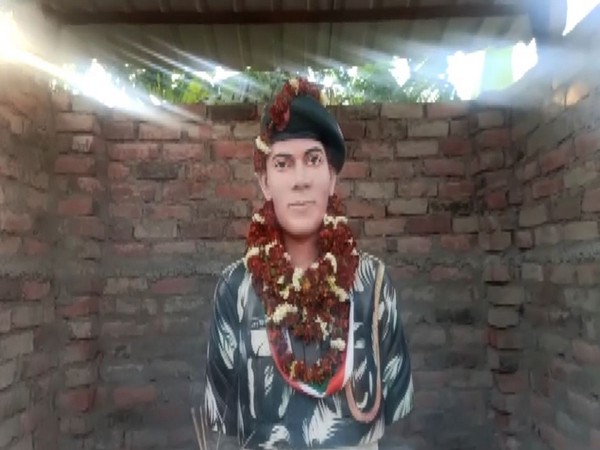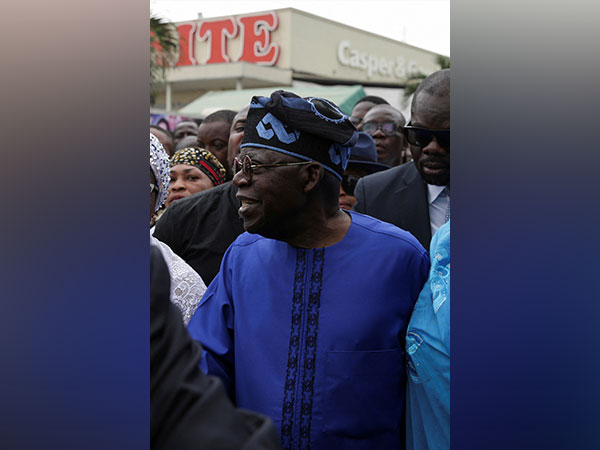Ruling party candidate Bola Tinubu WAS declared the winner of Nigeria’s presidential election on Wednesday, against Atiku Abubakar and Peter Obi, reported The Washington Post.
Tinubu won for the ruling party despite the unpopularity of its outgoing president, Muhammadu Buhari.
Meanwhile, the opposition, including the campaigns of both outsider candidate Peter Obi and former vice president Atiku Abubakar, has vowed to challenge the results, saying that a new election should be held under a new elections chief, reported The Washington Post.
Tinubu, 70, known as a kingmaker in Nigerian politics, received 36 per cent of more than 24 million votes cast, according to results announced by the Independent National Electoral Commission (INEC).
He also received over 25 per cent of the vote in more than two-thirds of Nigeria’s 36 states and Abuja, thus meeting both requirements to win Nigeria’s presidency.
Tinubu, who had the support of Buhari and a massive get-out-the-vote effort behind him, ran on the slogan “It’s my turn”.
He benefited because the Opposition was divided between Obi, 61, a former governor popular among the youth, and Abubakar, 76, on his sixth bid for the presidency, reported The Washington Post.
Now, Obi’s and Abubakar’s campaigns have joined forces to call for a fresh election, saying that INEC’s poor performance overseeing the election led to a loss of confidence in the results.
At a news conference Tuesday afternoon, key Opposition figures alleged widespread technological problems, delays in poll openings on Election Day, violence and voter intimidation, and manipulation of results, reported The Washington Post.
Pockets of protest, including in the capital, Abuja, emerged Tuesday, and political analysts warned it could spread. Leaders in the opposition and ruling parties urged calm.
While analysts said it is not clear whether delays and vote discrepancies could have altered the election outcome, they said that such problems undermined the confidence of voters in Africa’s largest democracy. Many were already deeply frustrated with their government after years of spiraling economic and security crises.
President Muhammadu Buhari is stepping down after two terms in office, marked by economic stagnation and growing insecurity around the country — from an Islamist insurgency in the north-east to a nationwide crisis of kidnapping for ransom and separatist attacks in the south-east.
Tinubu now has the task of solving these problems, among others, in Africa’s most populous nation and the biggest oil exporter to the continent. (ANI)
Read More:https://lokmarg.com/


